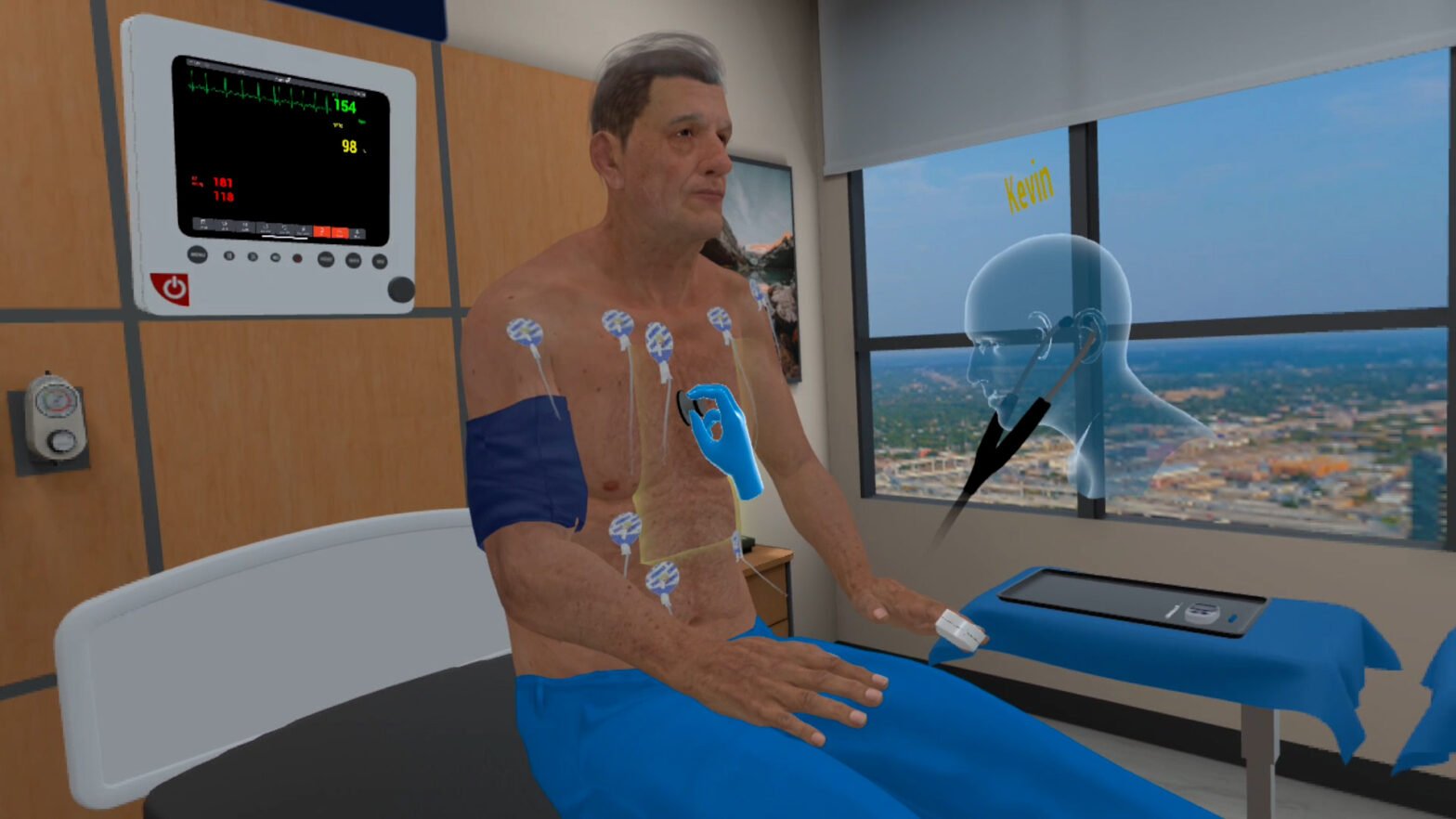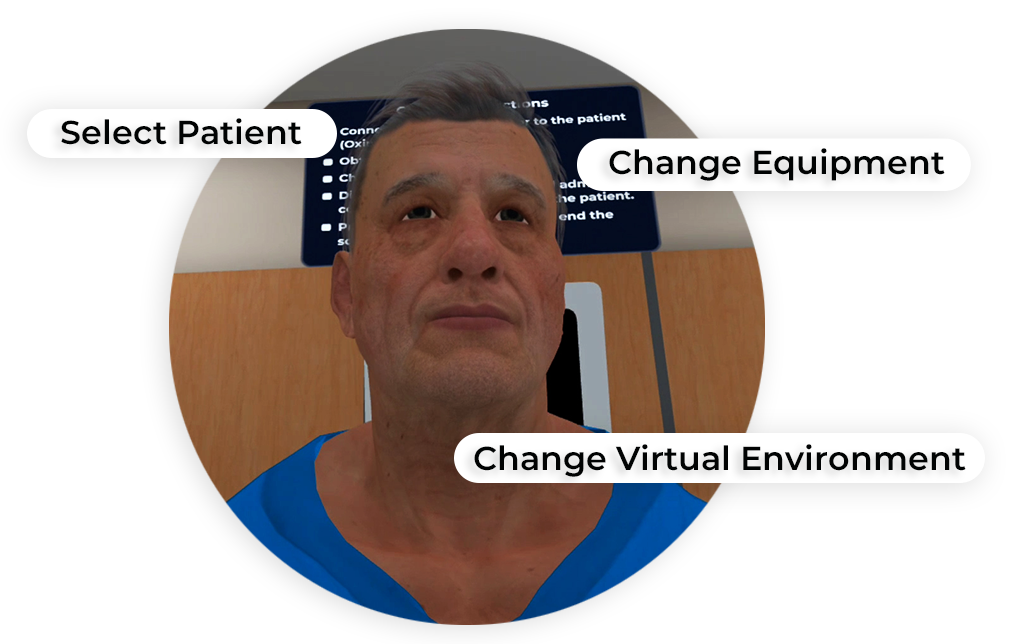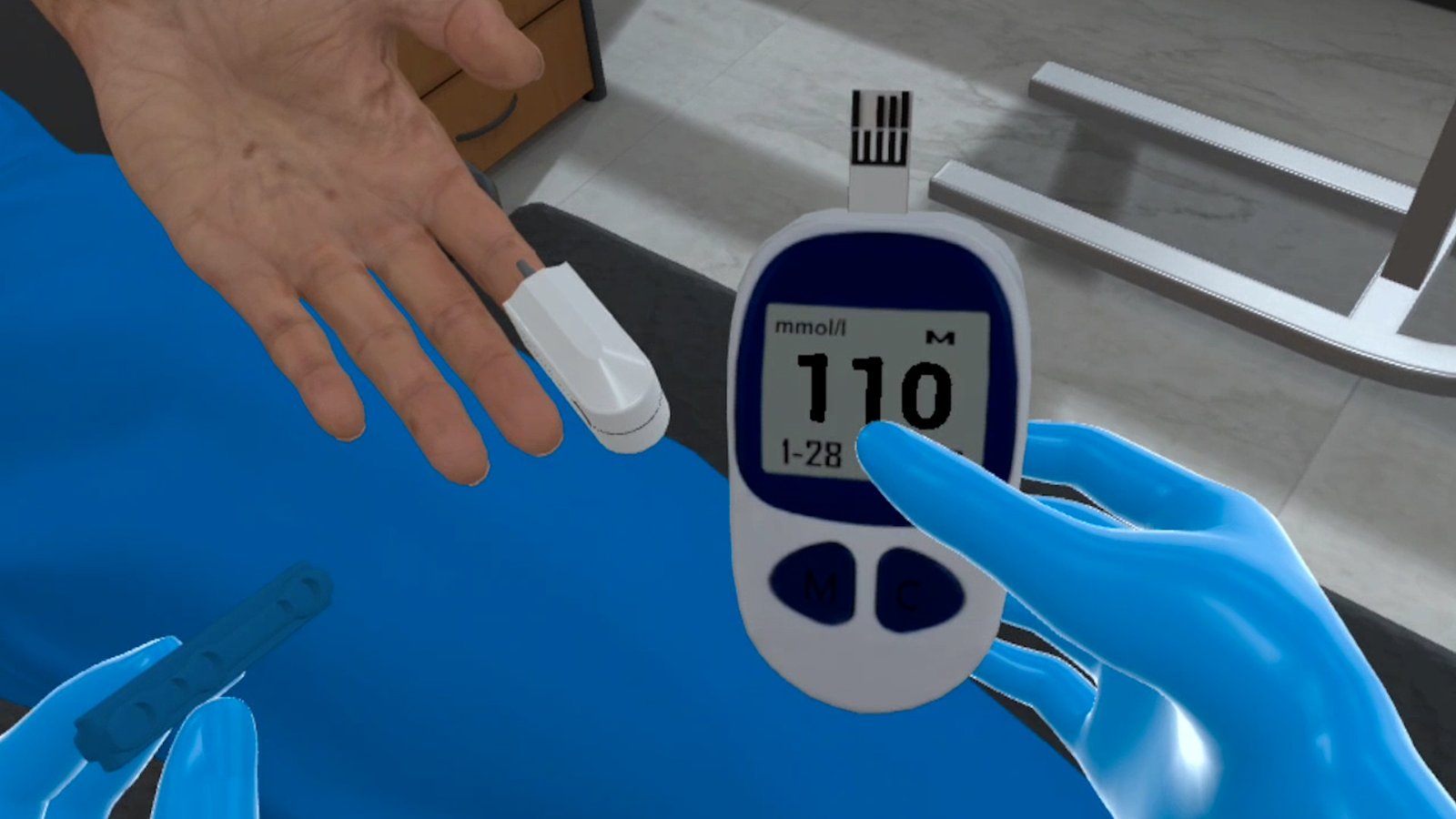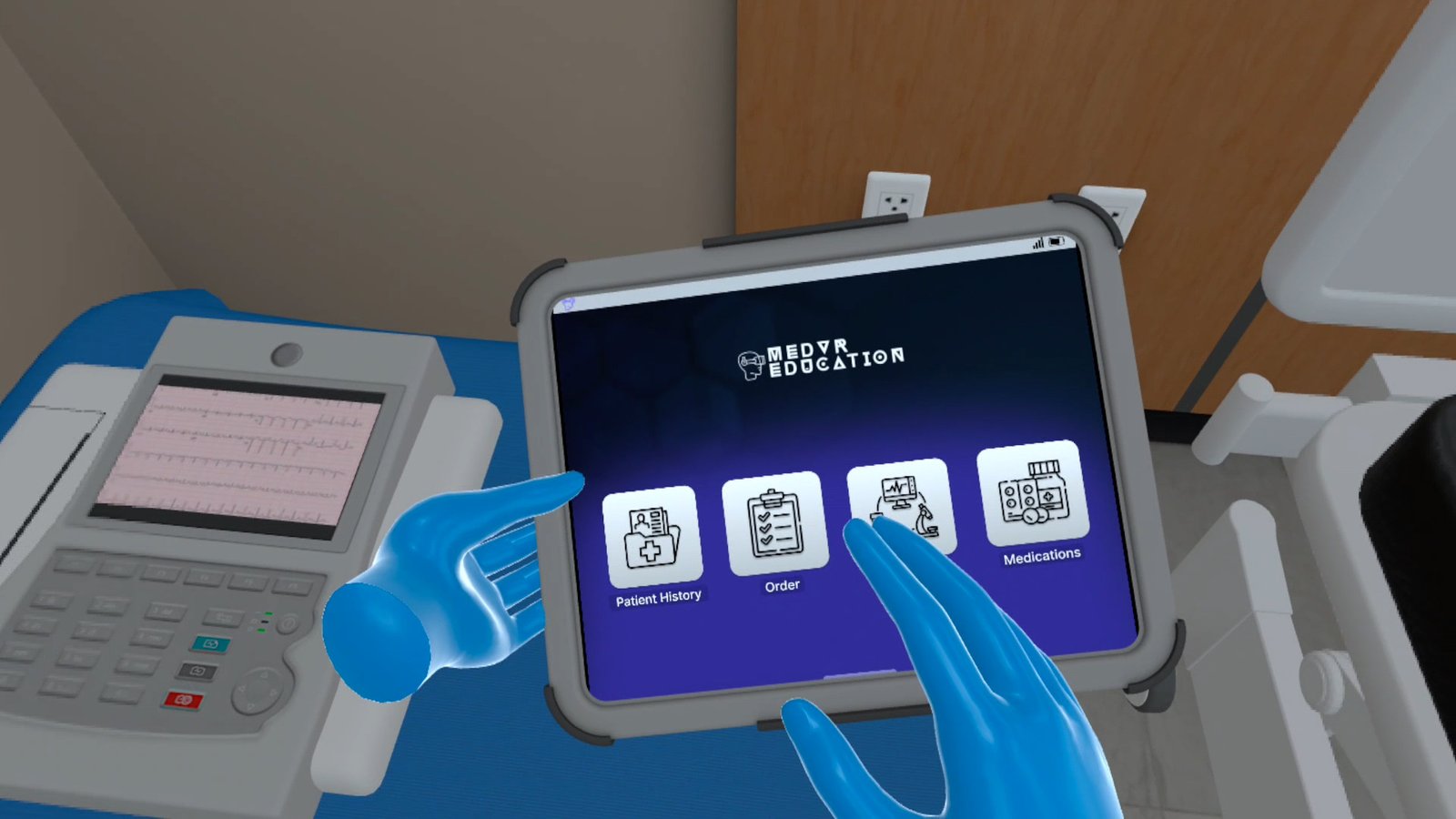Alcohol Withdrawal Seizure
Marcus Whittle, a 67-year-old male, has a history of depression, opioid and alcohol use disorder with a history of past complicated alcohol withdrawal. He was brought to the hospital after being found at a transit station. Marcus was admitted overnight and found to be intoxicated with unremarkable vital signs. Additionally, he is suffering from severe hypertension.
This open scenario is designed to train learners to diagnose alcohol withdrawal seizures and develop and communicate an effective contingency plan.
- Identifying post-ictal changes as a potential cause of acute alterations in mental status
- Recognizing alcohol withdrawal seizures as a cause of acute unresponsiveness
- Detecting and addressing undertreated alcohol withdrawal as a precipitating factor for seizure activity
- Implementing appropriate escalation of alcohol withdrawal therapy in the management of seizures

- Kosten, T. R., & O’Connor, P. G. (2003). Management of drug and alcohol withdrawal. New England Journal of Medicine, 348(18).
Customize Your Program
Get rid of the editor. Adopt in-VR customization.
MedVR Education is bringing to you in-VR customization that will enable you to put together your own simulations by making selections from a wide range of feature choices.
- Select patient from a diverse background
- Choose preferred virtual environment
- Configure patient vitals
- Define simulation duration
- Create patient history and train with AI-Humans
- Customize session-end debriefing
- …..many more to come

 Multi-playerSessions
Multi-playerSessions Physics-based Interactions
Physics-based Interactions
Core Skills Training

Managing Alcohol Withdrawal Seizure
As part of this multiplayer open scenario, the learner is required to assess a patient with alcohol withdrawal symptoms who is awake, anxious, and frustrated with his care. The learners will assess the patient’s vitals and confirm the IV access. A minute later the patient has a generalized tonic-clonic seizure lasting ~20 seconds, which leaves him lethargic. When the seizure ends, the learners will request for additional lab tests and assess the patient’s mental status. With the right dose of medication, the seizure will have to be managed and a contingency plan drawn up to keep the seizure under control.
This scenario is set in a photorealistic environment, and all necessary affordances are made available to assist learners in performing their tasks with efficiency and effectiveness.
Debriefing
End-of-task debriefing to assess one’s performance, evaluate actions, and get the most out of the training. Examples of topics being touched upon in the debriefing include the following:
- Thorough patient assessment
- Completion of necessary steps
- Correct medication administration to patient
- Sequential completion of task
- Execution of time-sensitive tasks






